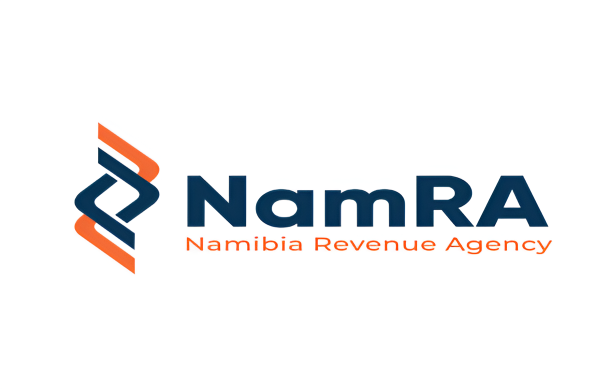
The Namibia Revenue Agency (NamRA) has addressed growing concerns from residents of Oranjemund over the 16.5% customs duty charged on groceries and toiletries brought in from neighboring South Africa.
Oranjemund residents often travel across the border to Springbok in South Africa for shopping, citing a lack of retail options in their town.
In a statement, NamRA clarified that under current customs regulations, travelers entering Namibia from countries within the Southern African Customs Union (SACU), including South Africa, are allowed to bring goods worth up to N$5,000 duty-free—once every 30 days, and only if the traveler was out of the country for at least 48 hours.
However, NamRA’s chief of strategic communications, Yarukeekuro Ndorokaze, explained that not all goods qualify for this duty-free allowance.
“Items such as food, toiletries, and beverages are excluded from the personal effects exemption. This applies even if they are intended for personal consumption,” Ndorokaze said.
He added that groceries, drinks, and similar consumables are not considered personal effects, meaning they are subject to Value Added Tax (VAT) once the N$5,000 threshold is exceeded—even if the items are meant for personal use.
Ndorokaze further explained that household items such as kitchen appliances, pots, bedding, and small machines are also subject to VAT and customs duties unless the traveler qualifies for a rebate.
Rebates, he said, are only available to Namibians who have lived outside the country for six months or more and must be supported by legal documentation.
“We recognize that border towns like Oranjemund rely heavily on cross-border shopping due to limited retail outlets. However, customs rules apply uniformly across all border posts to ensure fair treatment and compliance with the law,” said Ndorokaze.





